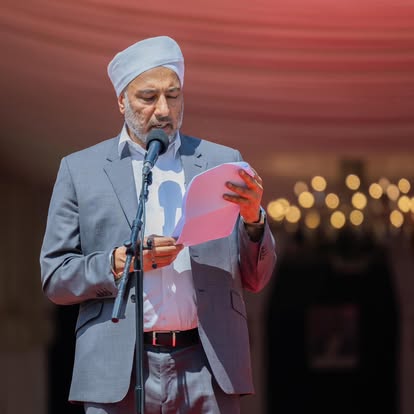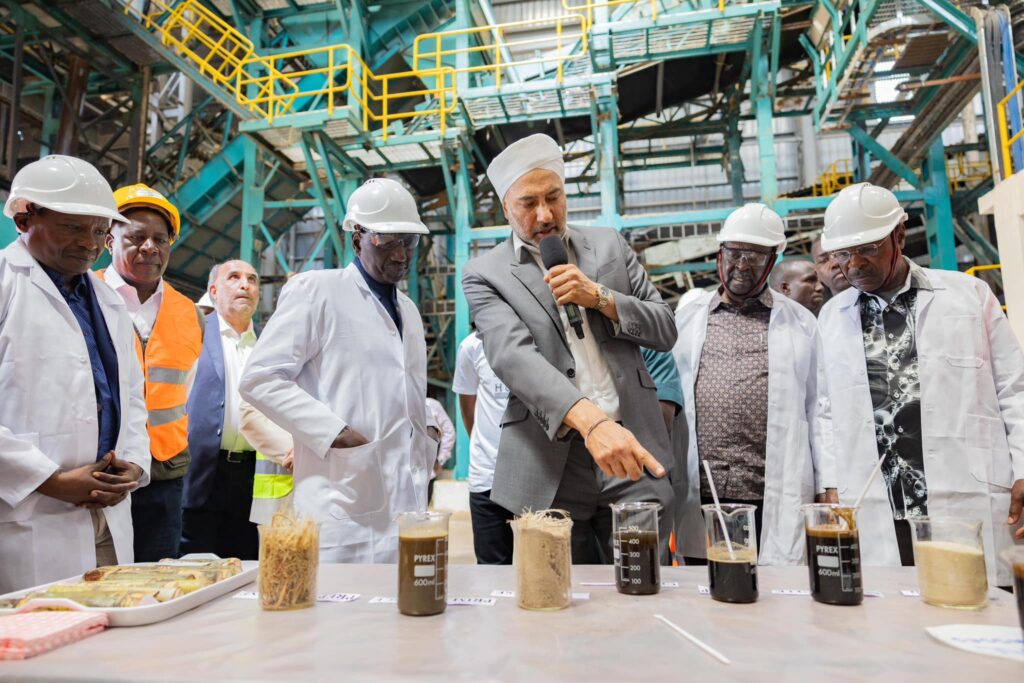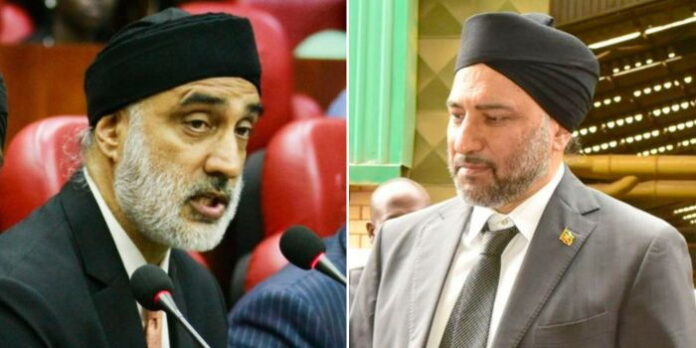By Violet Auma –Mumias, Kenya.
In the sprawling sugarcane fields of Kakamega County lies the unfolding story of two brothers, both giants in the East African sugar sector, whose rivalry now threatens to define the future of the region’s most iconic company; Mumias Sugar.
Jaswant Singh Rai, the elder of the two, and Sarbjit Singh Rai, the younger sibling, are central figures in this drama.
While Jaswant’s business empire flourished in Kenya, Sarraj, under the Sarrai Group, made significant strides in Uganda. The brothers, once united by blood, now find themselves on opposing sides, each controlling vast interests in the sugar business.
This battle, with deep-rooted personal and professional animosities, is playing out in a saga that could determine the fate of Mumias Sugar and its surrounding community.
The rivalry between the Rai brothers has long been rumored, with whispers of tensions dating back to when they began their respective ventures in East Africa.
Jaswant Singh Rai, a formidable tycoon in Kenya, dominated the business scene for years. His successes came with personal costs, as his relationship with Sarbjit, who initially worked alongside him, began to deteriorate.
Sarbjit, seeking to carve out his own legacy, turned his sights on Uganda and established the Sarrai Group, which grew into one of the leading companies in Uganda’s sugar industry.
However, the brothers’ professional paths soon crossed again, this time under far more contentious circumstances. In 2019, Mumias Sugar, once the pride of the Kenyan sugar sector, collapsed under the weight of mismanagement and debts.
The receiver manager, appointed by KCB Bank to oversee the company’s operations, brought in Sarraj to salvage what was left. Sarraj’s involvement was seen as a last-ditch effort to revitalize the company, but their presence on the ground ignited long-standing family tensions.

Despite the business acumen of both brothers, efforts by the family to reunite them have been futile, adding a layer of intrigue to the saga. While some had hoped for reconciliation between the two powerful figures, it seems their differences have only grown. Their rivalry now plays out in full view, with each brother guarding his turf fiercely.
Recently, President William Ruto’s decision to allow Jaswant Singh Rai to oversee the revival of an ethanol plant located on the same grounds where Sarrai operates the sugar mill has further escalated the tensions.
To many, the decision came as a surprise, especially considering the past friction between Ruto and Jaswant. In his first term as president, Ruto famously threatened Jaswant with harsh words, saying “Mambo ni Matatu,” meaning “There are three options: leave the country, go to jail, or go to heaven.”
Despite these previous clashes, Ruto’s move has been seen by some as a strategic attempt to inject new energy into the sector, while others view it as a deliberate provocation in the ongoing sibling rivalry.

Some speculate that Ruto may be positioning himself to operate the plant, hiding behind the Rai brothers’ shadow.
Many local residents and workers at the company are now concerned that Jaswant’s presence at Mumias might provoke Sarraj to pull out, leaving the region to face another chapter of economic uncertainty.
The local community, which depends heavily on the sugar industry for employment, has expressed concern that any disruption, particularly a withdrawal by Sarrai, could delay the revival of Mumias Sugar.
Farmers and workers fear that the rivalry will undermine the efforts needed to restore the company to its former glory.
Protests have erupted in the area, with residents of Mumias East voicing their opposition to the president’s decision. They have called for reconsideration, arguing that the personal feud between the brothers could lead to further losses for the already struggling company.
Political leaders from the region have also weighed in, claiming that allowing Jaswant to take control of the ethanol plant could set the stage for a hostile takeover of the entire sugar factory.

They argue that the stakes are too high for the region’s economy, which cannot afford to lose both the sugar and ethanol plants to competing factions.
As the protests escalate, questions remain: Who is behind the funding of these protests? Is there a political or economic motive at play? And, most importantly, will President Ruto reconsider his decision in light of the growing dissent?
While some argue that Sarrai is the more capable player in managing both the sugar and ethanol plants, others suggest that Sarraj might simply be unwilling to work alongside his estranged brother.
The key question at the heart of the debate is whether President Ruto is genuinely committed to reviving the Kenyan sugar industry or if his decision is part of a broader political maneuver.
For many, Jaswant’s involvement in the project raises doubts about the sincerity of the revival plans, especially considering the public rift between him and the government during Ruto’s earlier tenure.
In the coming weeks, the drama of Mumias Sugar is poised to unfold further.
Will the rivalry between the Rai brothers prove too toxic for the company’s revival? Or will the government be able to broker a solution that allows both brothers to work in harmony for the benefit of the region?
Only time will tell if the tensions will ease, or if this business battle will end in one brother packing up and leaving further complicating the future of Mumias Sugar and its surrounding communities.



